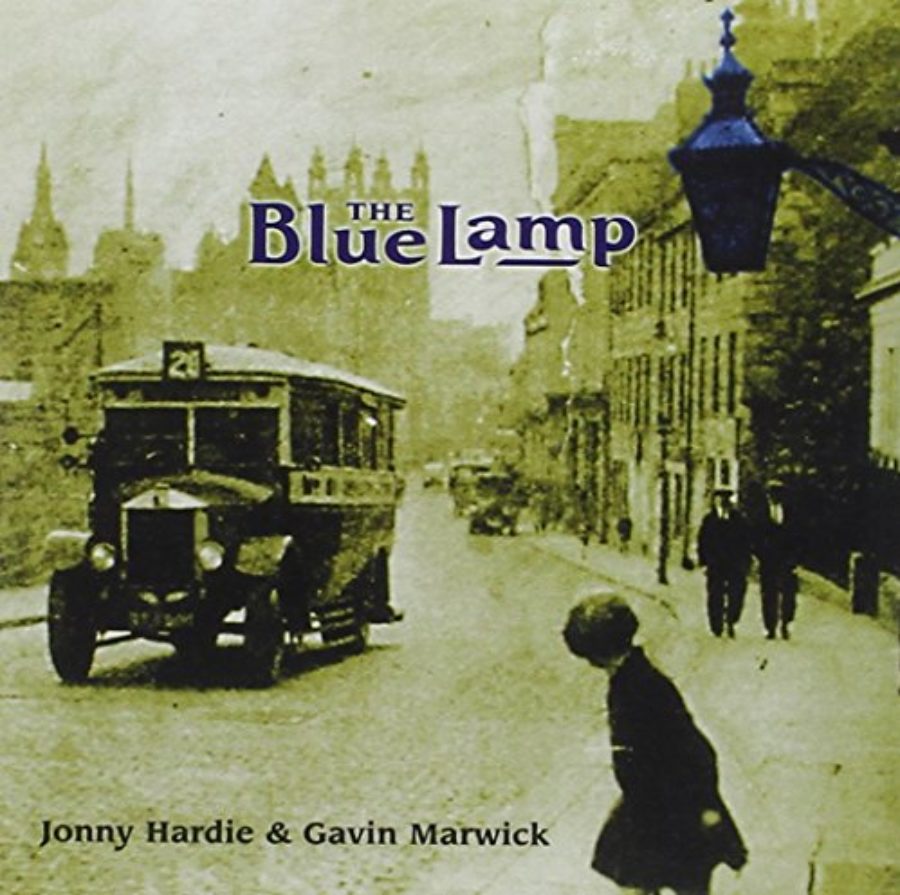


In another story kind of about saying hello (p.

Hello melancholy.” I’m not sure why it helps, but it does. I find it somehow helpful to think to myself, “Hello grief. And this year, with the death of both my parents, it seems more acute – even though they died in winter at the beginning of the year. She said, “Didn’t your brother die in the Fall?” and went on to say that sometimes our bodies somehow hold that memory. I love the Fall so the first time it happened to me I had said to a friend that I didn’t know what was wrong with me, I felt sad for no known reason, and I was crying easily. 4, 2006, the Fall season brings on a kind of melancholy for me. A while ago I wrote to my family about the fact that, ever since my brother died 11 years ago, Nov. Throughout the book, Ó Tuama does that – he tells a story or writes about something, and then ends it with “Hello to … something.” I find that use of “hello” very helpful. The disciples were there, in fear, in an upper room, locked away, and suddenly the one they had abandoned and perhaps the one they most feared to be with them was with them, and he said hello. The Taizé brother said that, in a real sense, we can read that as “Hello.” After all, it’s the standard greeting in Hebrew, Arabic, and Aramaic. The Taizé brother suggested that we pause for a moment and consider the words “Peace be with you” that the resurrected Jesus says to his locked-in followers. The monk noted that Jesus greeted his disciples by saying, “Peace be with you.” Ó Tuama tells about going to a Taizé retreat and the Taizé monk has several people read the story of Jesus’ appearance to the disciples in the upper room (in John) in several different languages. ” In that interview, he spoke of saying “Hello” as a prayer. His interview with Krista Tippett on “On Being (pronounced Pah-drick O Two-ma) listening to


 0 kommentar(er)
0 kommentar(er)
